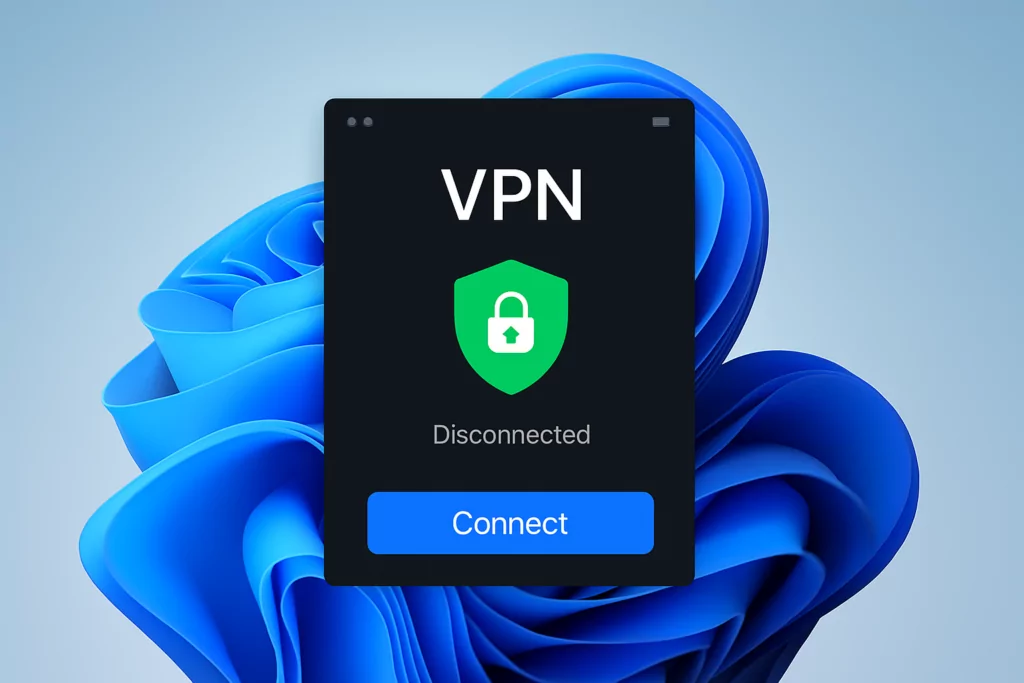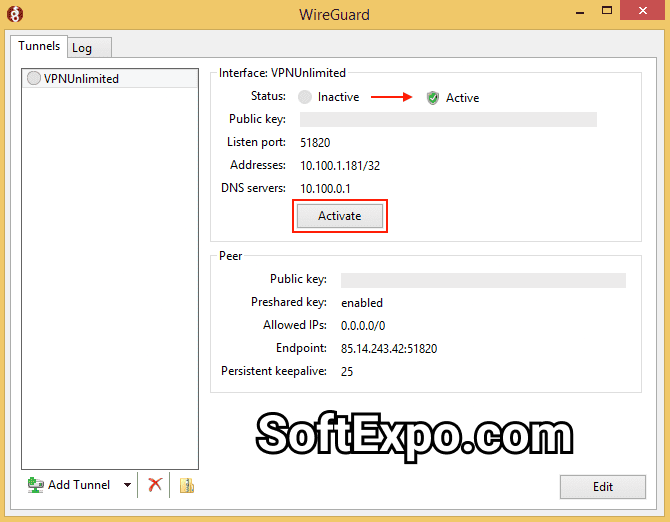All rights reserved © 2026
The best VPN apps in 2025 combine WireGuard-class speed, verified no-logs privacy, strong streaming unlock, and consistent app quality across platforms, with leaders including NordVPN, Surfshark, and Proton VPN based on independent testing and current market data.

Independent tests in 2025 consistently show WireGuard outperforming OpenVPN, with reports of 6–12% average speed loss for the fastest providers and near-gigabit peak results in some scenarios. WireGuard’s faster handshakes and lower overhead reduce latency and improve throughput vs OpenVPN, making it the default recommendation for streaming and gaming. Some vendors address WireGuard’s IP handling privacy considerations with custom implementations like NordLynx to retain anonymity while preserving speed.
Top services continue to unlock major streaming libraries and maintain stable performance during peak hours, with NordVPN and Surfshark frequently cited among top choices for streaming in 2025. For gaming and live streaming, WireGuard-based stacks provide lower ping and faster server switches, which are practical advantages over legacy protocols on Windows and mobile.
Current leaders ship consistent app experiences across Android and iOS with automatic fastest server selection, robust kill switches, and split tunneling where platform rules allow, making on‑the‑go privacy simpler for travelers and commuters. Obfuscation features matter for restrictive networks and can be a decisive factor for those accessing content from countries with heavy filtering.
Reputable free VPN tiers exist but remain limited in speed, data caps, and locations; they work for occasional secure browsing but are not ideal for streaming or sustained high‑bandwidth use. For regular use, paid tiers deliver necessary stability, broader server choices, and better privacy tooling like multi-hop and advanced leak defenses.
Users increasingly prioritize verified no‑logs claims, independent audits, and RAM‑only server designs that minimize data retention risks across global deployments. Switzerland-based Proton VPN underscores jurisdictional privacy benefits alongside Secure Core routing, appealing to those who want additional defense in depth.
VPN legality is jurisdiction-dependent; staying aware of local rules, reading provider terms, and choosing transparent no‑logs providers help balance compliance with privacy goals in 2025. Some regions are tightening regulations and standardizing encryption baselines, so travelers should review country‑specific guidance before departure.

Recent surveys show privacy and general online security remain the top reasons for VPN adoption, and brand recognition favors major providers like NordVPN this year. Usage patterns suggest a maturing market focused on convenience, reliable speeds, and clear value rather than novelty features alone.
| Aspect | WireGuard | OpenVPN |
|---|---|---|
| Connection speed | Consistently faster with lower speed loss in current tests | Slower on average and higher overhead |
| Latency | Lower handshake time, better for gaming/streaming | Higher latency and slower reconnections |
| Privacy handling | Requires provider safeguards for IP/addressing privacy; custom fixes like NordLynx | Mature privacy posture but performance trade‑offs |
| Platform support | Broad support in leading apps in 2025 | Ubiquitous support but not always fastest |
For most users in 2025, enable WireGuard (or NordLynx), pick a reputable audited no‑logs provider such as NordVPN, Surfshark, or Proton VPN, and configure kill switch plus split tunneling; this setup delivers the best balance of speed, streaming compatibility, and privacy with minimal complexity today.